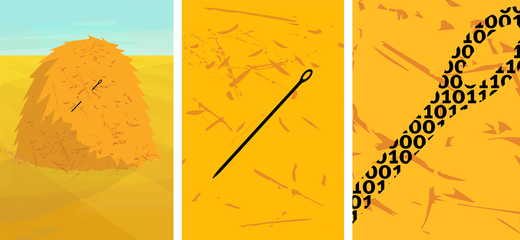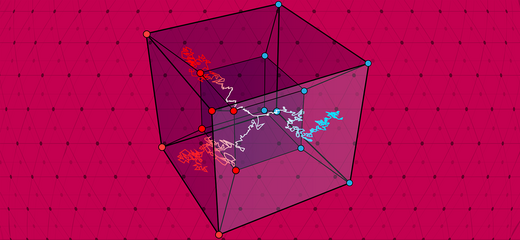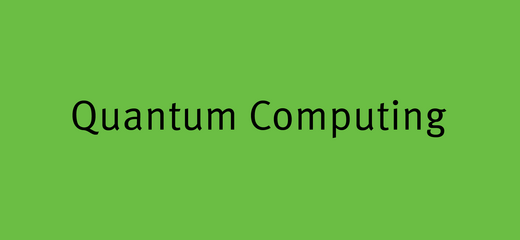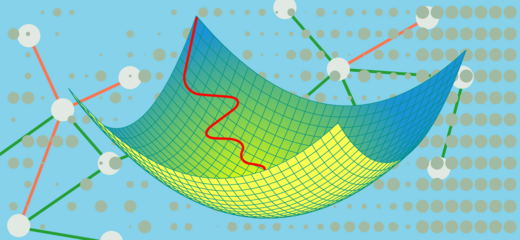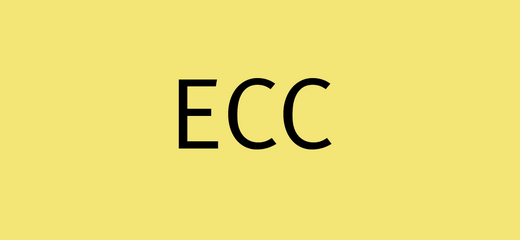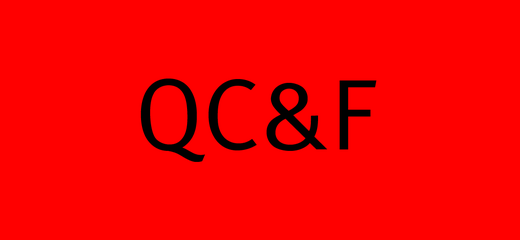Current & Future Programs
Spring 2023
Jan. 10–May 12, 2023
This program will bring together researchers in computational complexity, proof complexity, cryptography, and learning theory to make progress on fundamental problems in those areas using the framework of "meta-complexity" — i.e., complexity of computational tasks that are themselves about complexity.
Mar. 13–May 12, 2023
This extended reunion is for long-term participants in the program Satisfiability: Theory, Practice, and Beyond, held in the Spring 2021 semester. It will provide an opportunity to meet old and new friends. Moreover, we hope that it will give everyone a chance to reflect on the progress made during the semester and since, and sketch in which directions the field should go in the future.
Summer 2023
May 30–Aug. 4, 2023
This program will study new approaches for analysis of functions over the Boolean hypercube and beyond, with the aim of making progress on fundamental problems in complexity, algorithms, and discrete mathematics.
Jun. 12–Aug. 4, 2023
The Summer Cluster on Quantum Computing will bring together researchers from academia and industry to explore topics from quantum complexity theory and cryptography to quantum algorithms, error-correction and fault tolerance, and benchmarking.
Fall 2023
Aug. 16–Dec. 15, 2023
This program will bring together researchers in dynamic graphs, sketching, and optimization towards the common goals of obtaining provably faster algorithms, finding new connections between the areas, and making new advances at their intersection.
Aug. 16–Dec. 15, 2023
This program studies the interaction between logic and the algorithms that they inspire, with applications to databases, complexity theory, and knowledge representation.
Spring 2024
Jan. 9–May 10, 2024
This program brings together an interdisciplinary group of researchers to explore the frontiers of the theory and practice of error correcting codes.
Jan. 9–May 10, 2024
This program will bring together researchers from computer science, physics, chemistry and mathematics to address current challenges in quantum computing, such as the efficiency of protocols for fault-tolerant quantum computation, scalable proofs of quantumness, demonstrations of quantum advantage, as well as the development of quantum algorithms.



